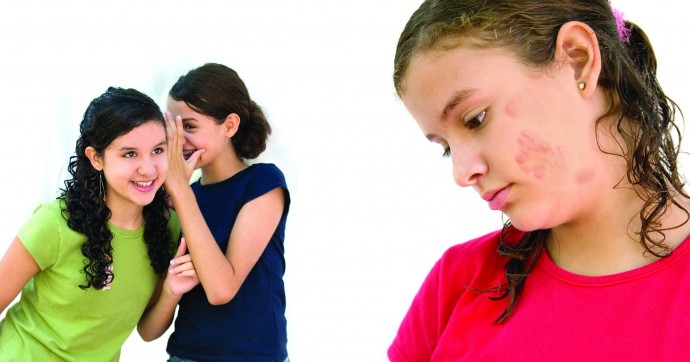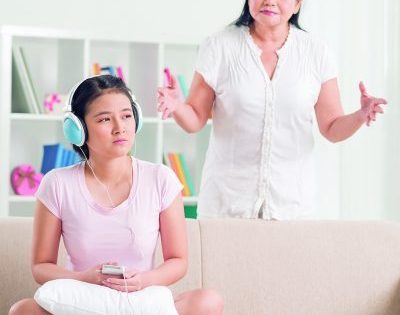Teenage years can be very challenging as it is a time of significant changes. Puberty, with its hormonal changes, self-consciousness, worries and anxieties, can all contribute to the chaos of growing up.
Teens also have to deal with increased social pressure caused by peer attention to their appearances. A teen’s physical appearance may even lead to unwanted attention from peers, leading to teens becoming preoccupied with their looks and sensitive to how they are perceived.
Importance of a positive body image
The mass and social media often showcase the male or female body in a very unrealistic manner. Social expectations and attitudes can also negatively affect body image and undermine self-esteem. Teens with more pronounced or rapid physical developments may also be treated differently by their peers or adults. All these factors may lead to anxiety to conform.
Having a positive body image as they grow will help teens cope with physical imperfections, whether real or perceived. Whilst there is nothing wrong with having physical standards to strive for (e.g. dressing a certain way or working out to build muscles), it does become a problem if it negatively affects his or her physical or mental health.
What you can do
You can be proactive to offset the negative effects by taking some appropriate steps. Having a close and supportive relationship with your teen is essential so you can be there for him or her.
Two-way communication is crucial so don’t wait until there are problems before you start working on this. In dealing with teens, here are some key points to keep in mind:
- Puberty leads to physical changes, so explain what they should expect before it happens.
- Respect their need for privacy while encouraging an open channel for them to communicate with you.
- Be more understanding of their need to follow fashion trends as looks do matter among their peers. At the same time, you can discuss with your teen any ideas or strategies he or she may come up with to improve their physical self, while guiding them to make good decisions (e.g. personal hygiene issues). If possible, share your own experiences.
- Never tease or criticise them about their looks as they can be exceptionally sensitive; it may also affect their self-esteem.
- Be alert of attempts at extreme bodily changes (e.g. extreme dieting) as these will damage their health.
- Support them in accepting any physical flaws they may have instead of chasing after ideals of physical perfection. When you accept and embrace your child for what he or she is, there is a good likelihood that the child will grow into a teen and thereafter, an adult, feeling comfortable with themselves.
Tackle it head on
Some teens may equate their looks with personal worth, and this can lead to them feeling especially vulnerable to comments about their physical appearance. You can better gauge your teen’s view of him or herself by spending quality time with your child.
By taking the time to get to know your growing teenage child, you can encourage him or her to develop a better appreciation of his or her own self-worth in other ways, that are not linked only to looks. We want our teens to feel empowered by their personal and unique strengths, and for them to be able to make real connections with peers and other people.
This will no doubt be challenging, as some adults also link physical looks with a person’s self-worth. The key is in how your teen regulates his emotions, in response to his or her looks, so you will need to pay close attention to these cues. Of course, this does not mean that he or she should neglect personal grooming!







Comments